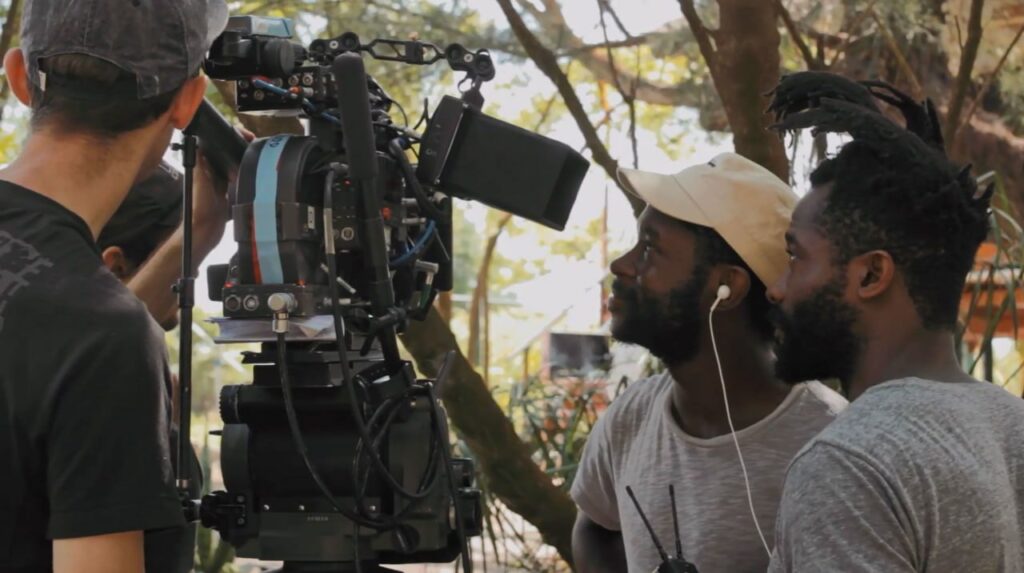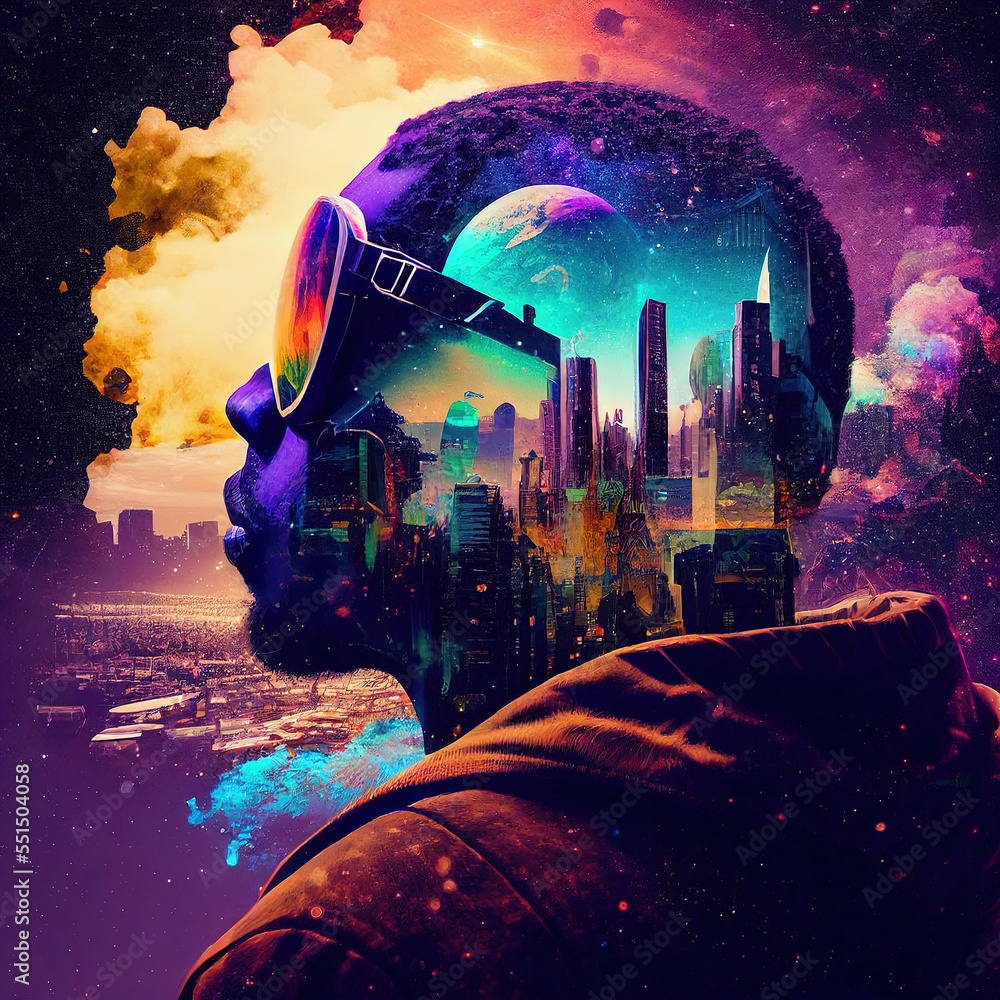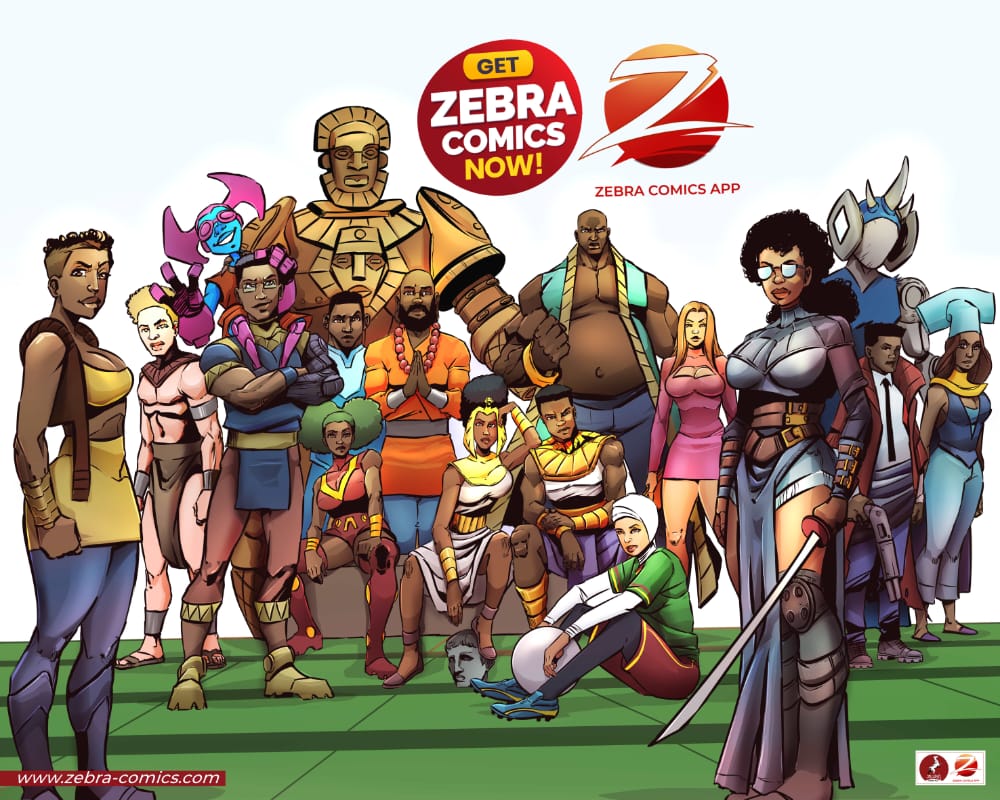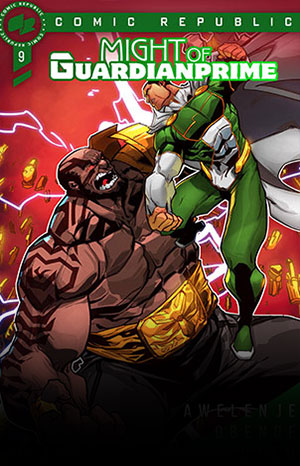In recent years, African cinema has been making significant strides, both in terms of quality and global recognition. Filmmakers from the continent are increasingly gaining international acclaim for their unique storytelling and diverse narratives that highlight the richness of African culture. However, there remains an untapped resource that could propel African cinema even further: African comics, both in print and digital formats. These comics represent a rich repository of stories, characters, and worlds that can bring immense value to African cinema, offering fresh, authentic content that resonates both locally and globally.
The Emergence of African Comics
African comics have been steadily growing in popularity across the continent and beyond. Historically, African comics have been an important medium for storytelling, with roots in traditional folklore, mythology, and contemporary social issues. In recent years, with the rise of digital platforms, African comics have found new audiences and are experiencing a renaissance.
Comics from Africa are not just about superheroes in the traditional Western sense; they reflect a wide array of genres including fantasy, science fiction, historical epics, and slice-of-life narratives. They offer unique perspectives, often blending indigenous African cultures with modern themes, creating a distinctive narrative style that is both visually and thematically rich.
The Symbiotic Relationship Between Comics and Cinema
Globally, comics have long been a vital source of material for the film industry. Hollywood has capitalized on comic books, turning them into blockbuster franchises that generate billions of dollars. The Marvel Cinematic Universe (MCU) and the DC Extended Universe (DCEU) are prime examples of how comics can be transformed into successful films that capture the imagination of audiences worldwide.
Comics offer a unique advantage to filmmakers because they provide a ready-made storyboard. The visual nature of comics, combined with their strong narrative arcs, makes them ideal for adaptation into films. The characters are often already well-developed, with established backstories and fan bases, which can help create an immediate connection with moviegoers. Additionally, the visual style of comics often lends itself well to the cinematic medium, allowing for creative and dynamic storytelling.
How African Comics Can Elevate African Cinema
African comics have the potential to infuse African cinema with fresh narratives, vibrant characters, and visually stunning worlds that have not yet been fully explored on the big screen. These comics can offer African filmmakers the opportunity to delve into genres that have been underrepresented in African cinema, such as fantasy, science fiction, and historical epics.
One of the significant advantages of using African comics as source material is the authenticity they bring to the storytelling. These comics are rooted in African cultures, languages, and experiences, which can help create films that are deeply resonant with African audiences. At the same time, the universality of the themes explored in these comics—such as heroism, struggle, identity, and resilience—can appeal to global audiences as well.
Moreover, African comics often tackle contemporary social issues in a way that is both accessible and engaging. They can offer a means to explore complex themes like colonialism, gender equality, and environmental concerns through compelling narratives that are both entertaining and thought-provoking. Films based on these comics can thus serve as powerful tools for social commentary, sparking conversations and inspiring change.
African Comics with Cinematic Potential
There are numerous African comics that are ripe for adaptation into films. These comics not only have strong stories and characters but also bring unique African perspectives to genres that have been dominated by Western narratives.
1. "Kwezi" by Loyiso Mkize
“Kwezi” is a South African comic that follows the story of a young superhero named Kwezi who discovers his extraordinary powers in Johannesburg. The comic blends traditional African mythology with modern-day urban life, creating a narrative that is both fantastical and grounded in contemporary reality. The vibrant art style and relatable characters make “Kwezi” an excellent candidate for a film adaptation, offering a superhero story that is distinctly African.
2. "Beasts of Tazeti" by the Ejob Brothers
Every year, in Tazeti, each clan selects a fighter to participate in a tournament for the God Crystal, which brings prosperity to the winning clan. This year, a young, enthusiastic warrior, and the five-time champion compete. But their motives go beyond mere glory. One fights for redemption, while the other seeks to overthrow the current political system and put an end to the tournament permanently. Will she succeed in changing the course of Tazeti’s history? This Cameroonian comic was created by the Ejob brothers (Nathanael, Gaius and Benjamin) and it is available on the Zebra Comics app and website.
3. "Lake of Tears" by Etubi Onucheyo
“Lake of Tears” is a Nigerian comic that delves into the harrowing world of child trafficking. Through a combination of fantasy and real-world issues, the comic tells the story of children who must find the strength to escape their captors and reclaim their freedom. The powerful narrative and emotional depth of “Lake of Tears” would translate well to the big screen, providing a gripping and socially relevant story that could resonate with audiences worldwide.
4. "Aya of Yop City" by Marguerite Abouet and Clément Oubrerie
“Aya of Yop City” is a comic series set in the Ivory Coast during the 1970s. It follows the life of Aya, a young woman navigating the complexities of love, friendship, and family in a rapidly changing society. The comic has already been adapted into an animated film, but its rich narrative and vibrant depiction of Ivorian culture could also inspire a live-action adaptation that explores the intersection of tradition and modernity in West Africa.
5. "Sugar Daddy Desires" by Fensou Miles, Fadimatou Ali and Manesong Ken
Odugwu, a wealthy man, sets out on a journey to find love after being stood up by his date. He wonders if his success portrays him as a sugar daddy, hindering his chances of finding true love. Will his extravagant advances be enough to win over Juliette, the woman he’s interested in? Will he find the ultimate prize—true love?
The Global Appeal of African Culture in Cinema
There have been several international films that have successfully incorporated African culture, demonstrating the global appeal of African narratives. One prominent example is Marvel’s “Black Panther,” which drew heavily on African aesthetics, traditions, and languages. The film not only became a global blockbuster but also sparked a broader conversation about the representation of Africa in mainstream media.
“Black Panther” showed that there is a significant appetite for stories that celebrate African culture and heritage. By drawing from African comics, filmmakers can tap into this demand, creating films that offer authentic African narratives while also appealing to a global audience.
Added to this, the recent adaptation deals signed between African comics publishers like Comic Republic and YouNeek studios and mega film production houses like Universal and HBO are testaments to the fact that American comics have great value that should be explored by African filmmakers.
Conclusion: A Call to Action for African Filmmakers
As African cinema continues to grow and evolve, filmmakers should consider looking to African comics as a rich source of material. These comics offer a wealth of stories that are visually striking, culturally relevant, and thematically diverse. By adapting African comics into films, African filmmakers can create a new wave of cinema that is both rooted in the continent’s unique cultural heritage and resonant with audiences around the world.
Moreover, by exploring genres like fantasy and science fiction through an African lens, filmmakers can challenge the dominance of Western narratives in these spaces, offering new perspectives and expanding the scope of African cinema. The time is ripe for African cinema to embrace its own comics, transforming them into cinematic experiences that are as diverse and vibrant as the continent itself.




